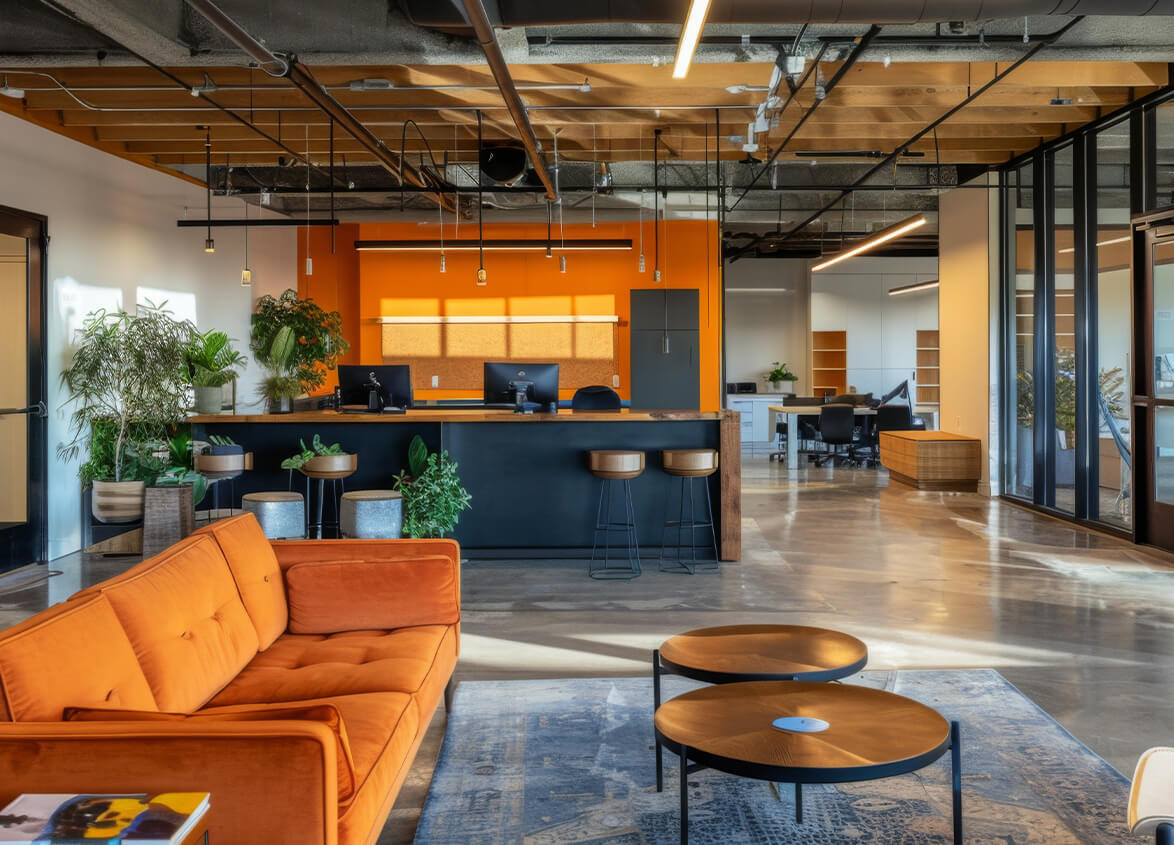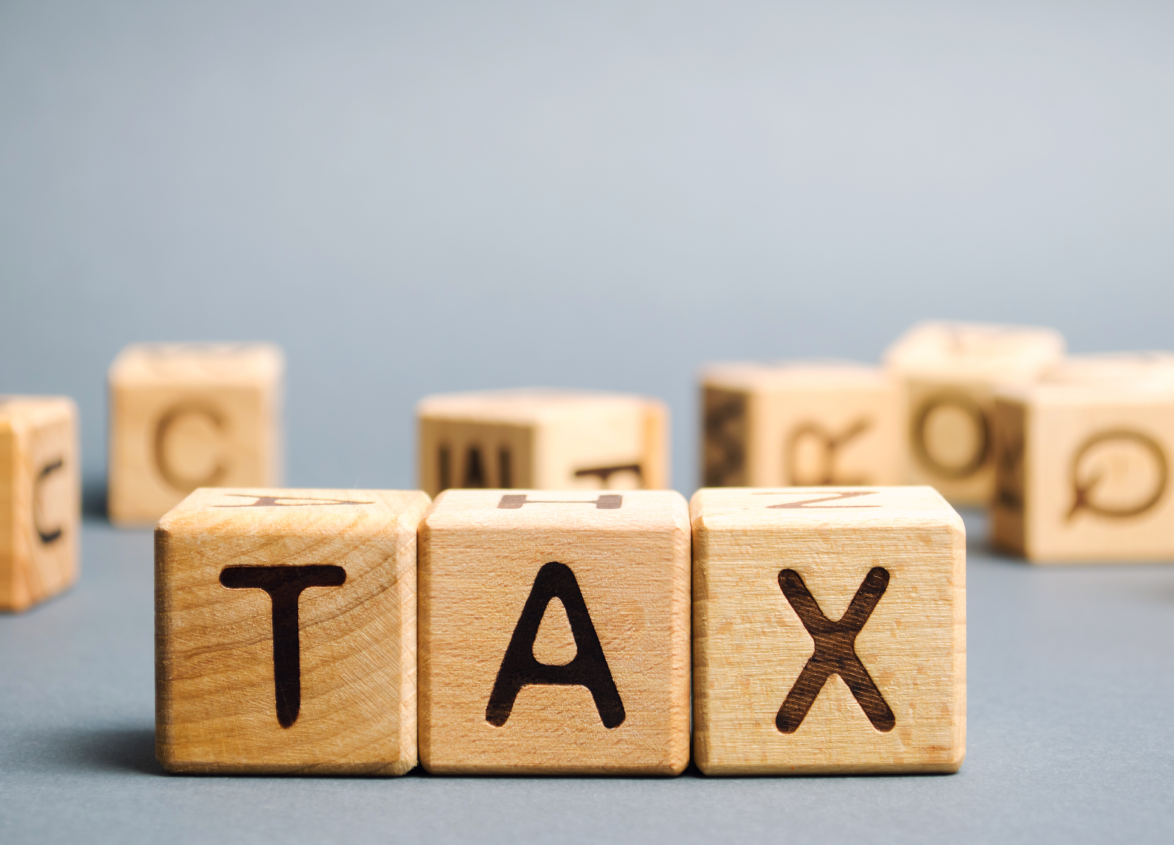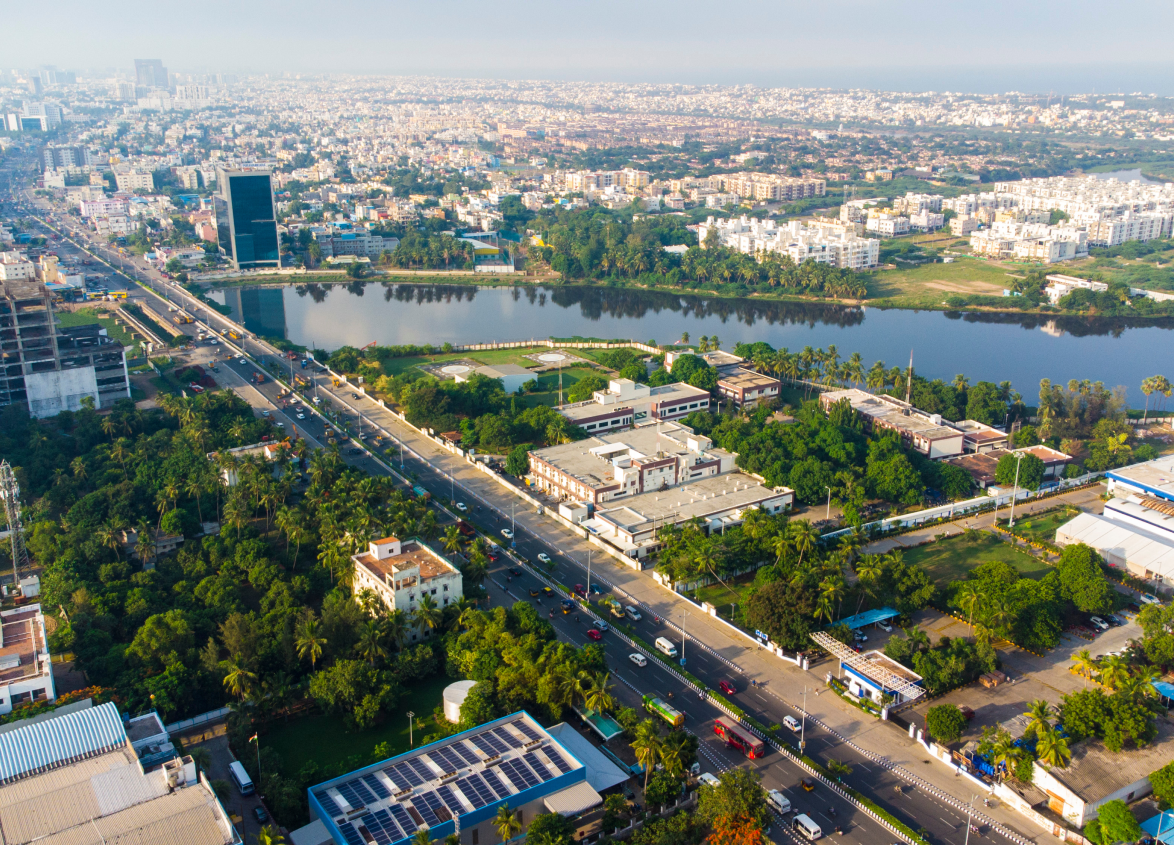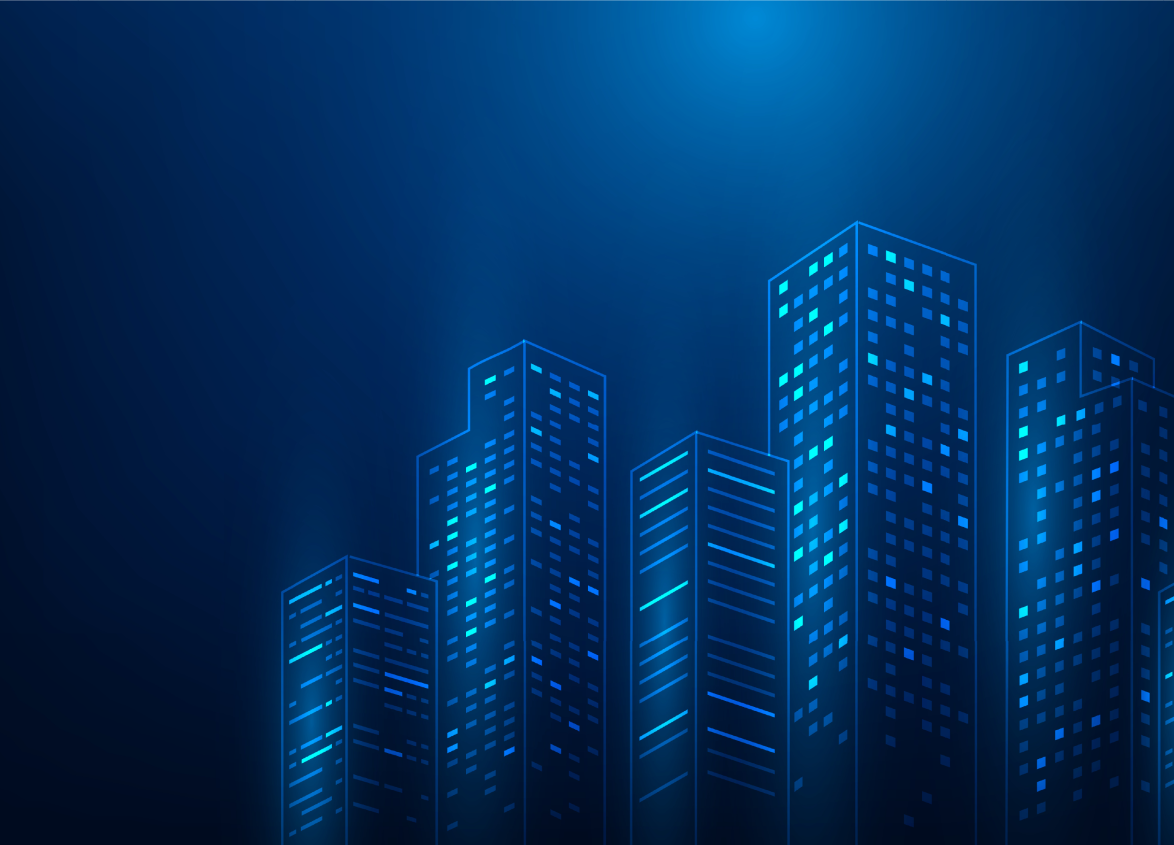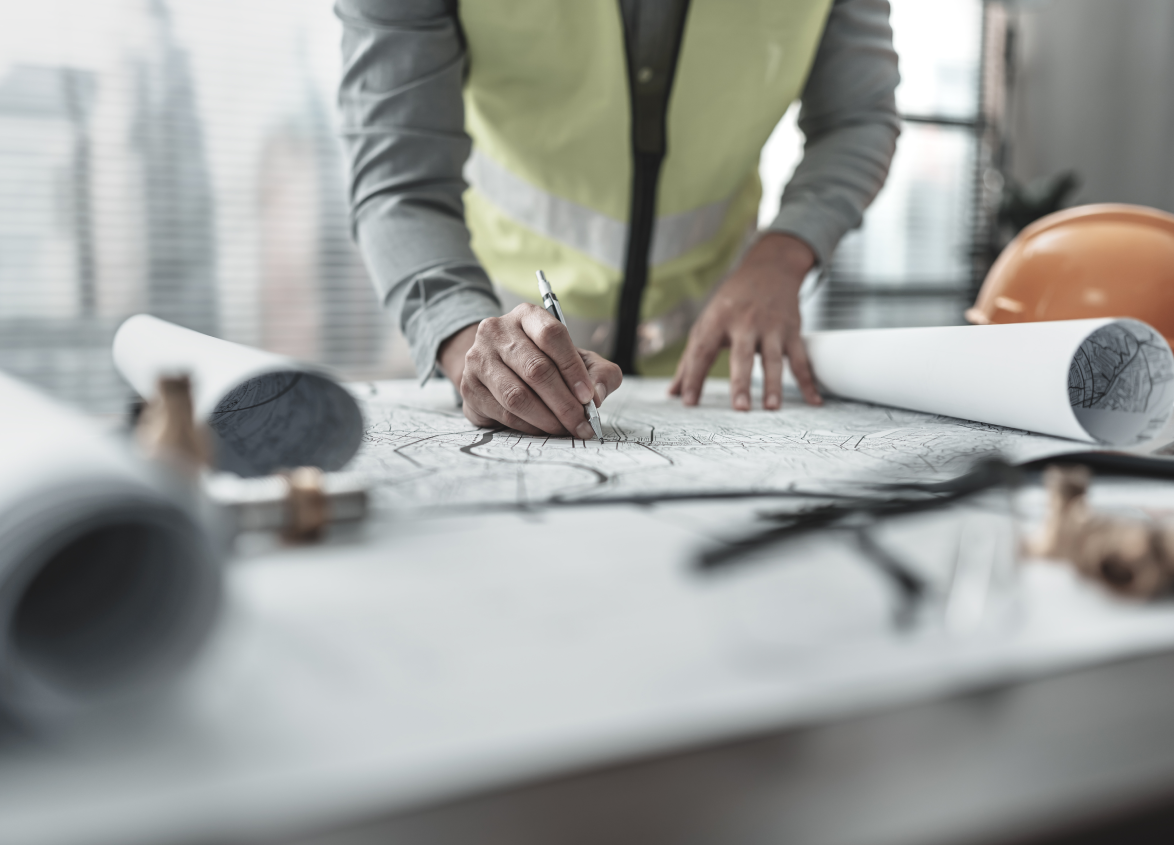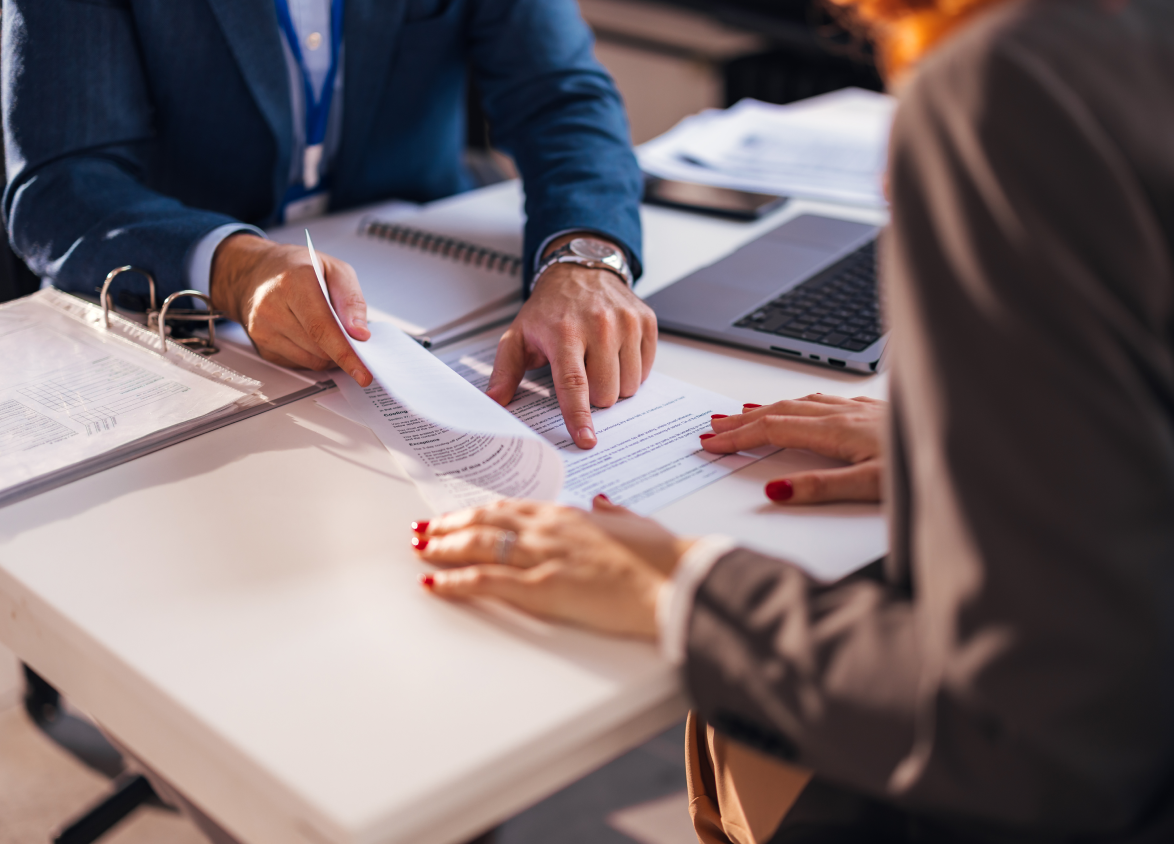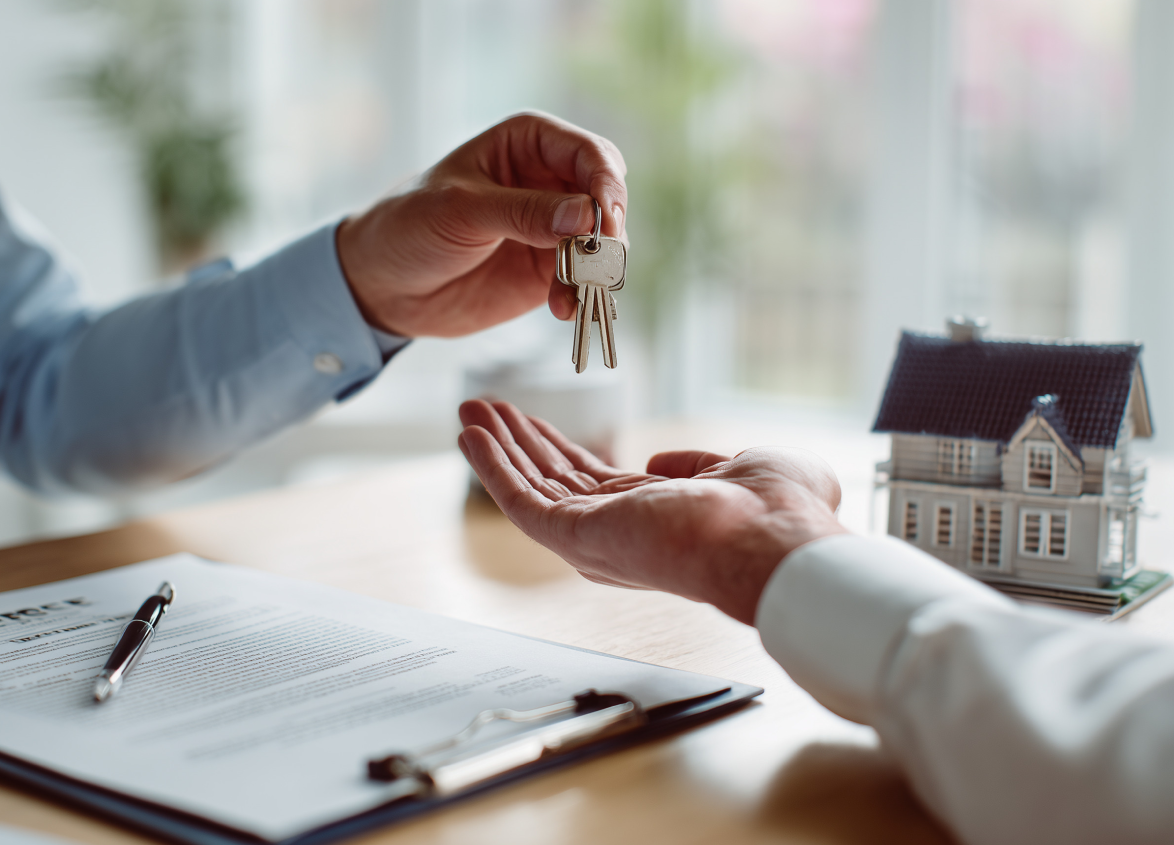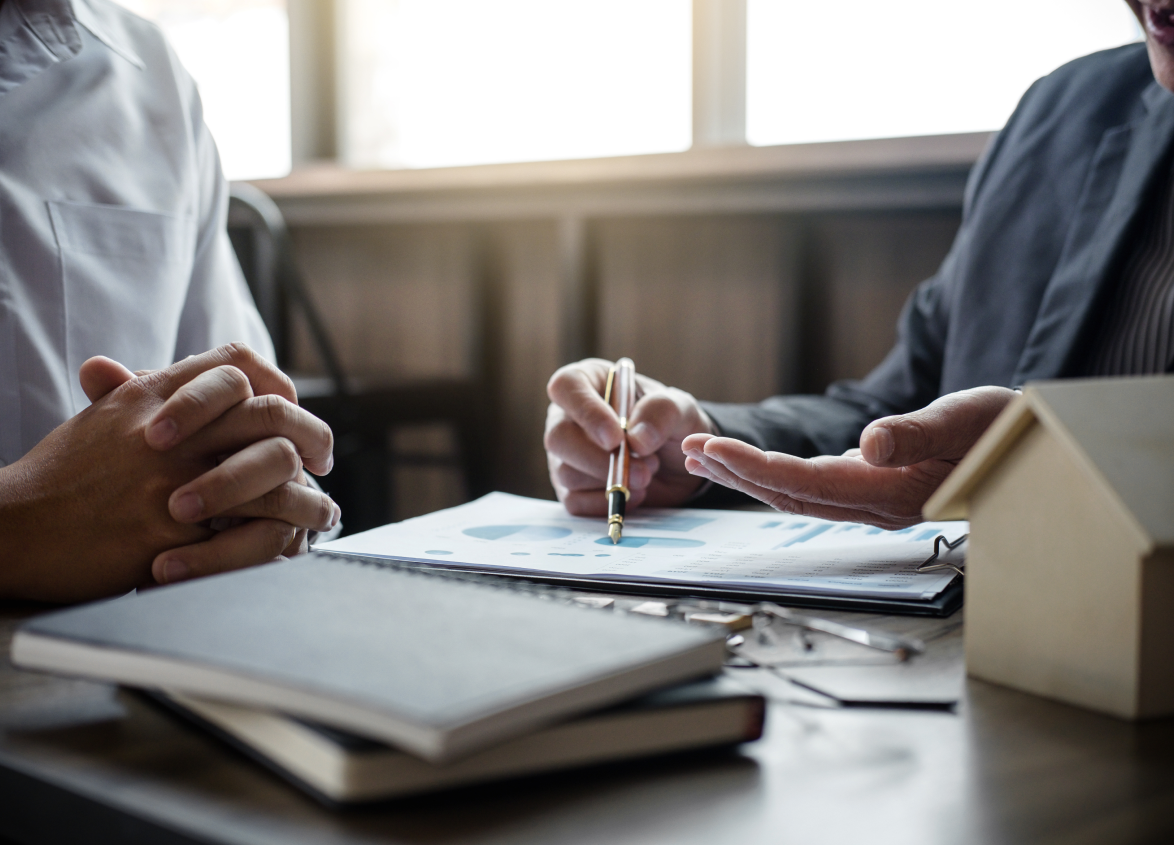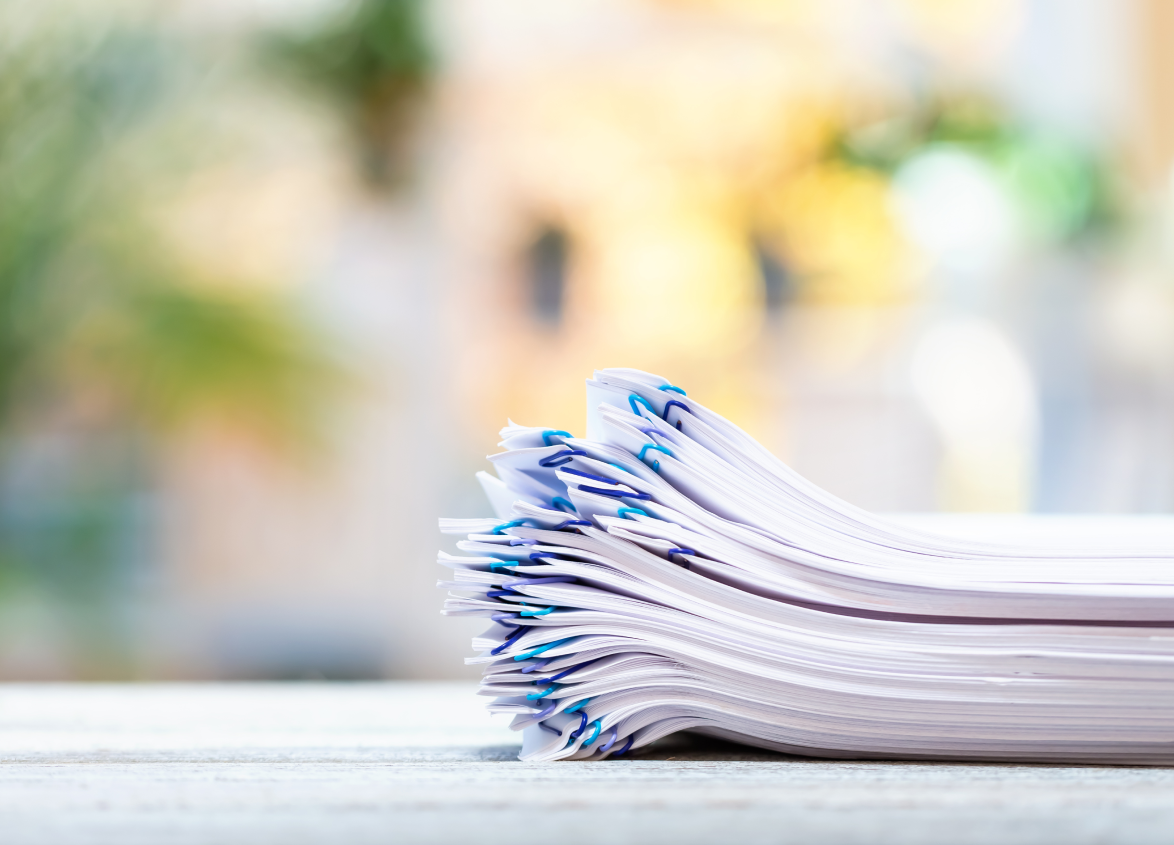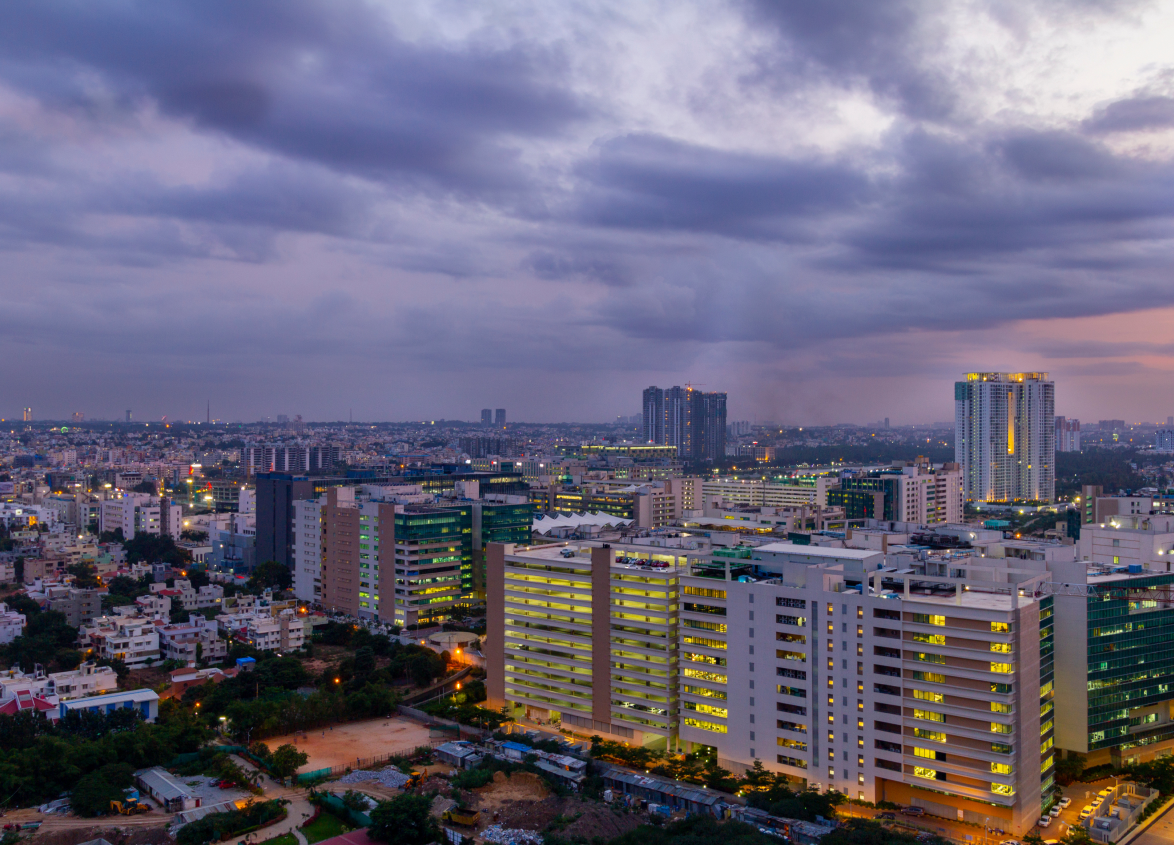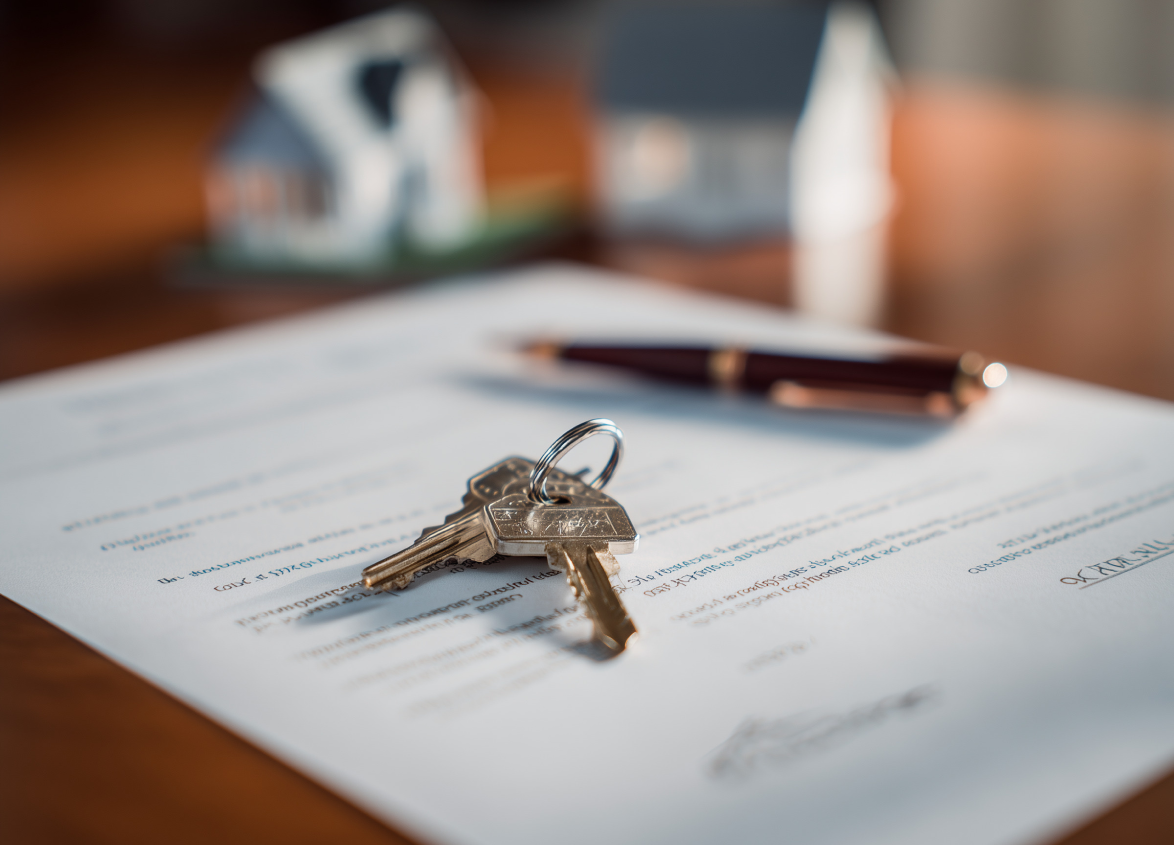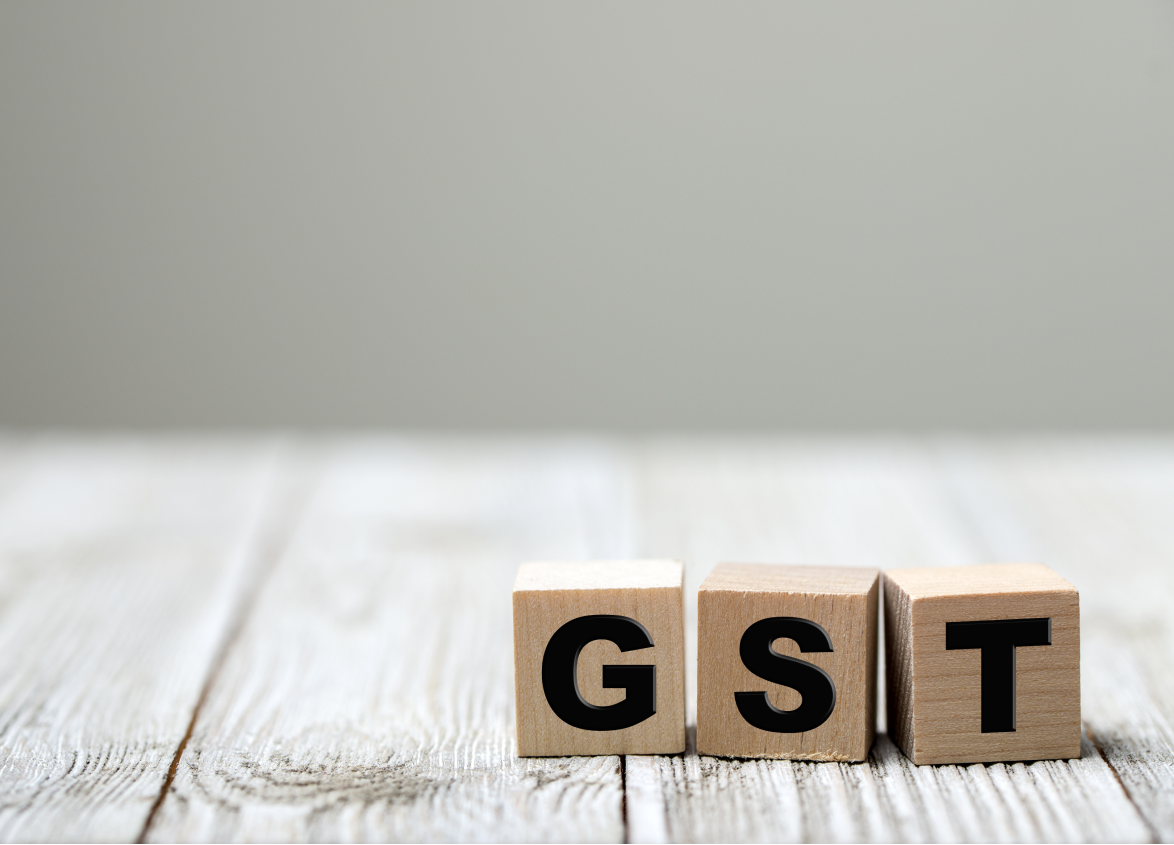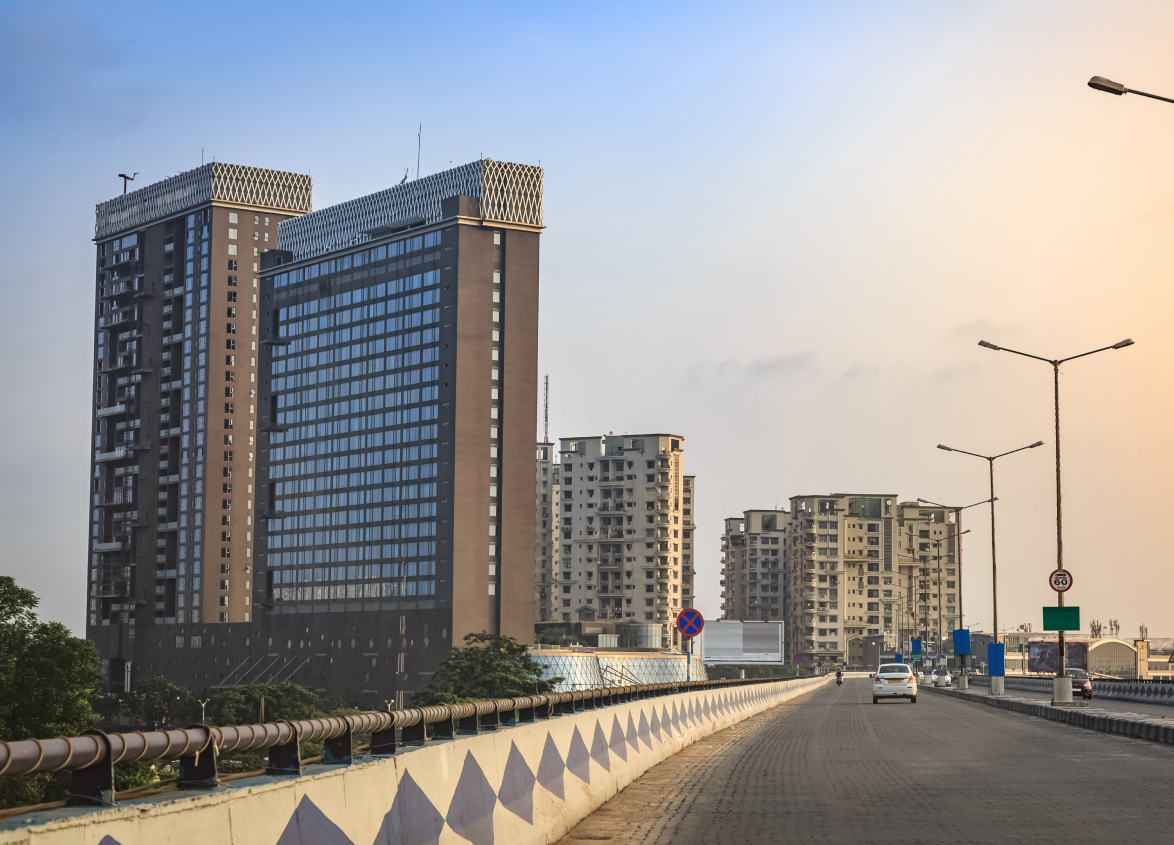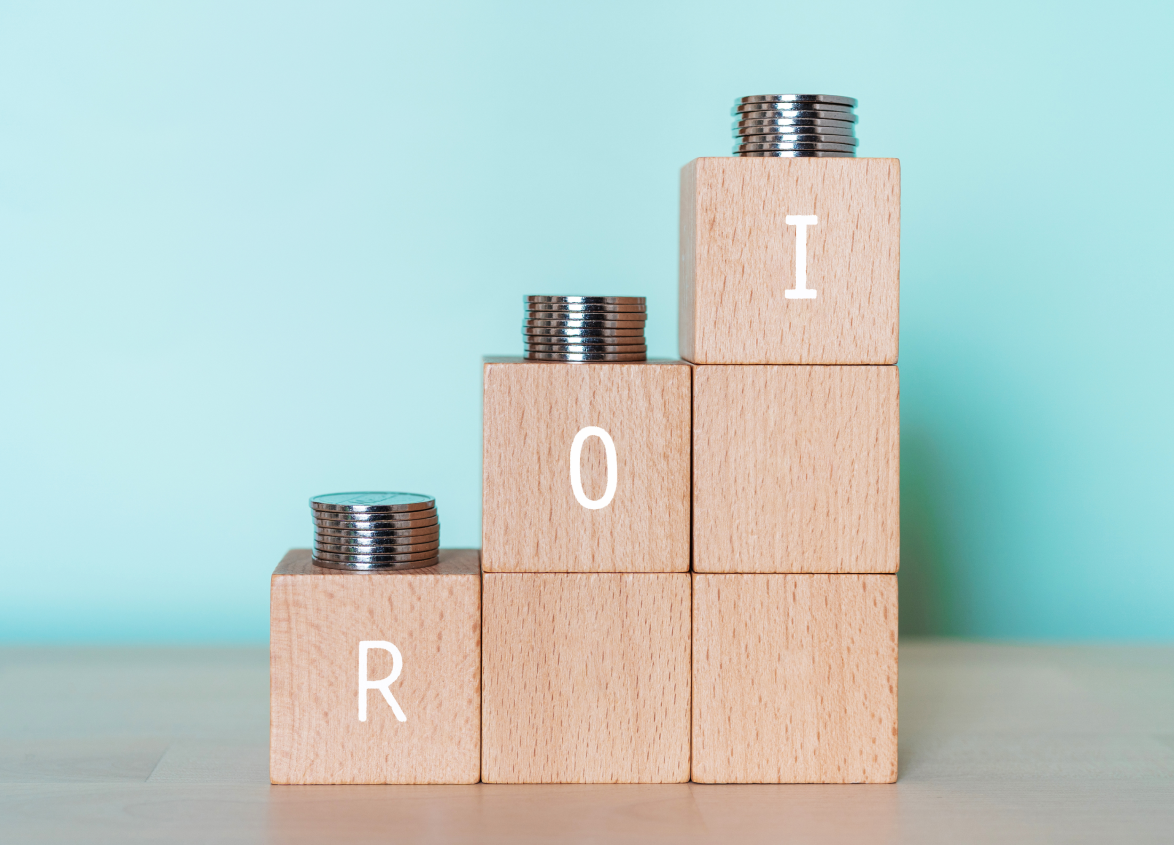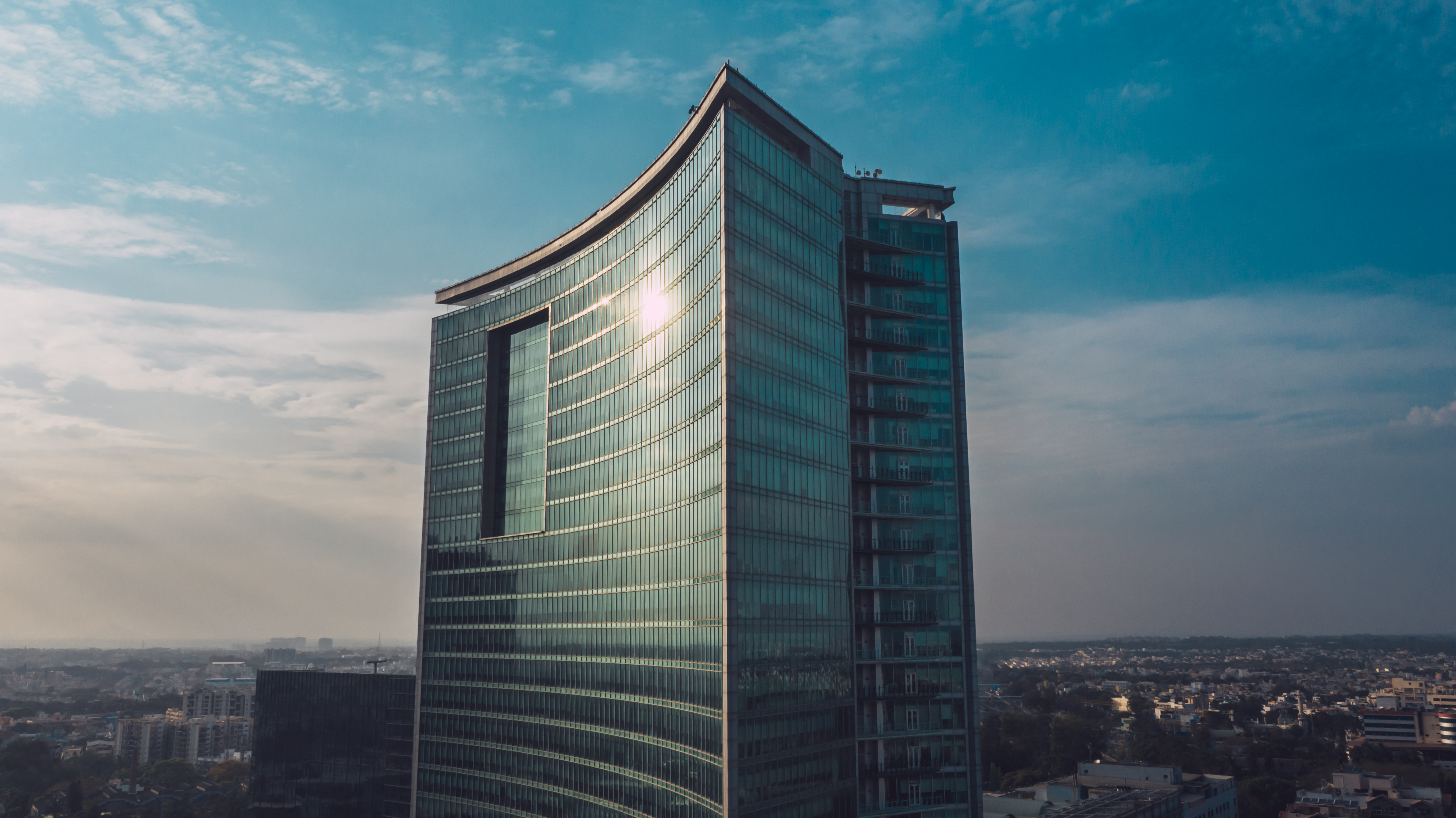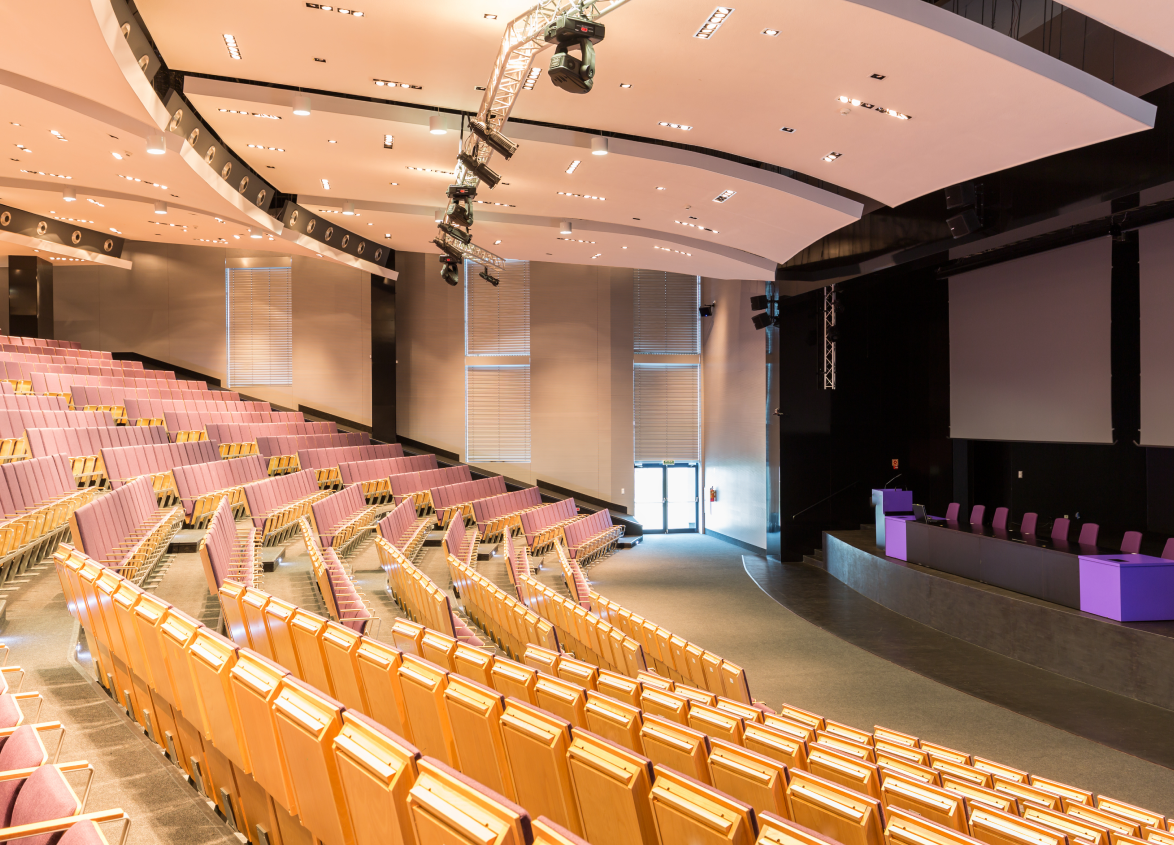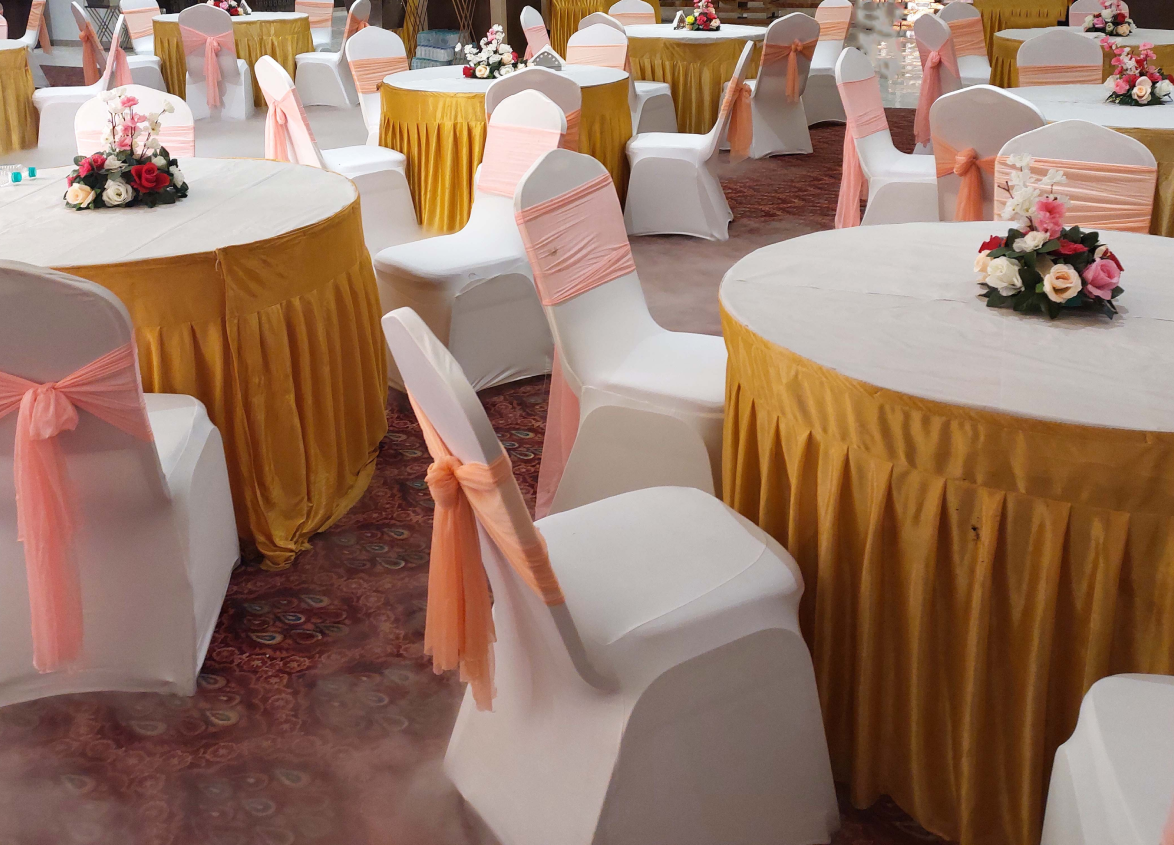
Foundation
Water Conservation Strategies for Sustainable Real Estate Development
October 09, 2024
Introduction
Water conservation strategies in developing sustainable real estate are increasingly important as water becomes scarcer in many parts of the world. Developers today need to recognize eco-friendly designs and practices that restrict water consumption and still provide residents with a way to comfortably live and sustain themselves.
Since the real estate industry can be one of the biggest contributors to water consumption, the implementation of proper methods for water conservation will be one of the major steps toward responsible real estate development for sustainability.
This blog looks at the various strategies of water conservation integrated into building design, property management and living that ecologically support friendly property development for long-term environmental and economic benefits.
Why Sustainable Water Management is Important
Water is a limited resource available on Earth and water management is central to securing life on Earth. This demand has increased manifold times with growing urbanization and population rise, drawing much pressure upon our water resources. This is the point where sustainable water management steps into the picture.
Environmental Impact
This could be very detrimental if unregulated water consumption depletes local water reserves. In some cases destroying entire ecosystems and causes increased pollution through the discharge of untreated wastewater into water bodies. Water conservation is crucial for the protection of the tender balance of natural ecosystems, preservation of biodiversity and making clean water available for forthcoming generations.
Economic and Social Benefits
The adoption of water conservation strategies has gone a long way in ensuring cost savings on operations for developers and residents. With reduced water bills and the reduced energy required to treat water, there is a financial benefit to saving water, making such properties more attractive to both buyers and investors. Such sustainable practices appeal to the growing number of eco-conscious consumers, which enhances the developer's reputation and in turn, that of his projects.
Compliance with Regulations
Many countries and states have strict policies concerning the use of water, especially in areas where water is already scarce. A developer who incorporates water-saving practices into their projects right from the start ensures that they will be well within the bounds of local legislation and not subject to any fines. More importantly, they help in noble efforts worldwide to reduce water wastage and protect this invaluable resource.
How Water Conservation Can Help in Sustainable Real Estate Development
Sustainable real estate development adds the goal of minimizing environmental impacts to that of adding value for developers, property owners and tenants. Water conservation strategies will go a long way toward achieving this by:
Lowering Utility Costs
Water-efficient systems can save property owners and residents a fortune on utility bills.
Enhancing Property Value
Real estate projects created with consideration for eco-friendly property development have a higher market value because environmentally savvy buyers prefer such properties.
Meeting Buyer Expectations
With more people being conscious of environmental concerns, home buyers also open their minds to considering greener homes. A developer who can highlight water conservation in a project can meet this growing demand and help differentiate his properties in a highly competitive market.
Water Conservation Strategies in Building Design
One of the most helpful strategies put into practice is the integration of water conservation strategies within building design. Given below are some key design elements that contribute to sustainable real estate development.
Rainwater Harvesting Systems
The process, which is considerably less complicated and fairly effective, involves the collection and storage of rainwater. This is employed for various purposes other than as potable water for irrigation, flushing toilets and general cleaning. Rainwater collection systems can be installed in new developments to significantly reduce freshwater demands.
Low-Flow Fixtures
These can significantly lessen water consumption in buildings by utilizing low-flow faucets, showerheads and toilets. The said plumbing installations do not affect the comfortability of users. The fixtures provide lesser volume while sustaining pressure. Additionally, the fixtures help in long-term savings and in sustainable real estate development.
Greywater Recycling Systems
Greywater reutilization refers to the collection and reuse of wastewater from sinks, showers and washing machines for reusing. This type of system is obtainable to take care of non-potable uses for landscaping or for flushing toilets to reduce dependence on freshwater sources.
Xeriscaping and Smart Landscaping
Traditional lawns and gardens can be major water guzzlers, especially when used in dry regions. To help cut down on this, sustainable real estate developers are using a technique called xeriscaping: planting landscaped areas with drought-resistant plants and designing the landscapes to use very little water. When combined with drip irrigation systems, water waste is reduced even further.
Green Roofs and Rooftop Gardens
First and foremost, green roofs contribute to water conservation; further, this roofing provides insulation, reduces runoff and improves air quality. The roofs can soak rainwater during the rains, preventing the water from running into the storm drains, causing them to overflow, once again flooding the land and creating problems.
Implementing Water Conservation Measures in Real Estate
It becomes the responsibility of the developer to deliver these systems effectively once water conservation practices have been integrated into the design process. Other best management practices that can be incorporated into sustainable real estate development include:
Conduct Water Audits
A water audit would identify areas of inefficiency and help in measuring water consumption. Regular audits can detect leakage, frivolous behaviors, or underperforming systems, which property managers can work on to optimize the water conservation effect.
Resident Education and Awareness
Real estate developers should invest in educating residents and occupants about water conservation practices. This may include helpful tips on responsible water usage, updates regarding property-wide initiatives and recommendations for water-efficient appliances.
Smart Monitoring and Leak Detection
Developers can install smart water meters that measure real-time, actual water usage to identify leaks and other issues. Smart monitoring systems enable property managers to receive alerts related to potential problems to ensure water conservation systems stay relevant over time.
Comply with Local Regulations
It is of utmost importance that developers inform themselves about local water consumption legislation and observe not only current legislation but also forward-looking in the application of future sustainability considerations.
Practical Tips for Sustainable Water Usage in Residential Properties
One can also be proactive in water conservation as a homeowner or resident. Here are a few practical ways to encourage sustainable real estate development at the level of the residences themselves.
Install Dual-Flush Toilets
In Dual Flush toilets you can select between a low-flush option for liquid waste and a full-flush option for solid waste. This drastically reduces water use in bathrooms.
Use Energy-Efficient Appliances
Water and energy-efficient appliances, such as dishwashers and washing machines, will go a long way in reducing household water consumption. Most of the new models use less water than their traditional counterparts without necessarily compromising performance.
Fix Leaks Promptly
Undetected small leaks can waste a tremendous amount of water over time. Property managers and residents should remain vigilant for leaks and undertake the repairs immediately after detection.
Rain Barrels for Outdoor Use
Rain barrels can be used for irrigation, collecting rainwater for use rather than relying on treated water for landscaping. Such is an easy solution to institute in large development projects and individual homes alike.
Consider Replacing Lawns
Lawns are extremely water-intensive, especially in arid regions. Replacing grass with drought-resistant plants or ground covers can reduce water usage dramatically.
Conclusion
Water conservation should be built into every sustainable real estate development to protect natural resources and provide environmentally responsible living areas. Besides, the building design and property management will ensure that developers and residents get long-term benefits by incorporating efficient water systems and practices for the good of the planet.
This can be achieved if sustainable real estate developers take center stage in solving the global water challenges and setting a yardstick for future eco-friendly property development. It is at this juncture that innovative design, smart technology and responsible use of water come together to make such real estate projects citadels of sustainability and environmental stewardship.
Water conservation techniques, on the other hand, help real estate developments reduce not only their environmental footprint but also leave behind a permanent mark of responsible living and resource management. In today's world, water conservation strategies are no longer optional; they form the need of the hour for the future of real estate and the planet.
MUST READ
Looking for something specific?
We'd be delighted to help you.
